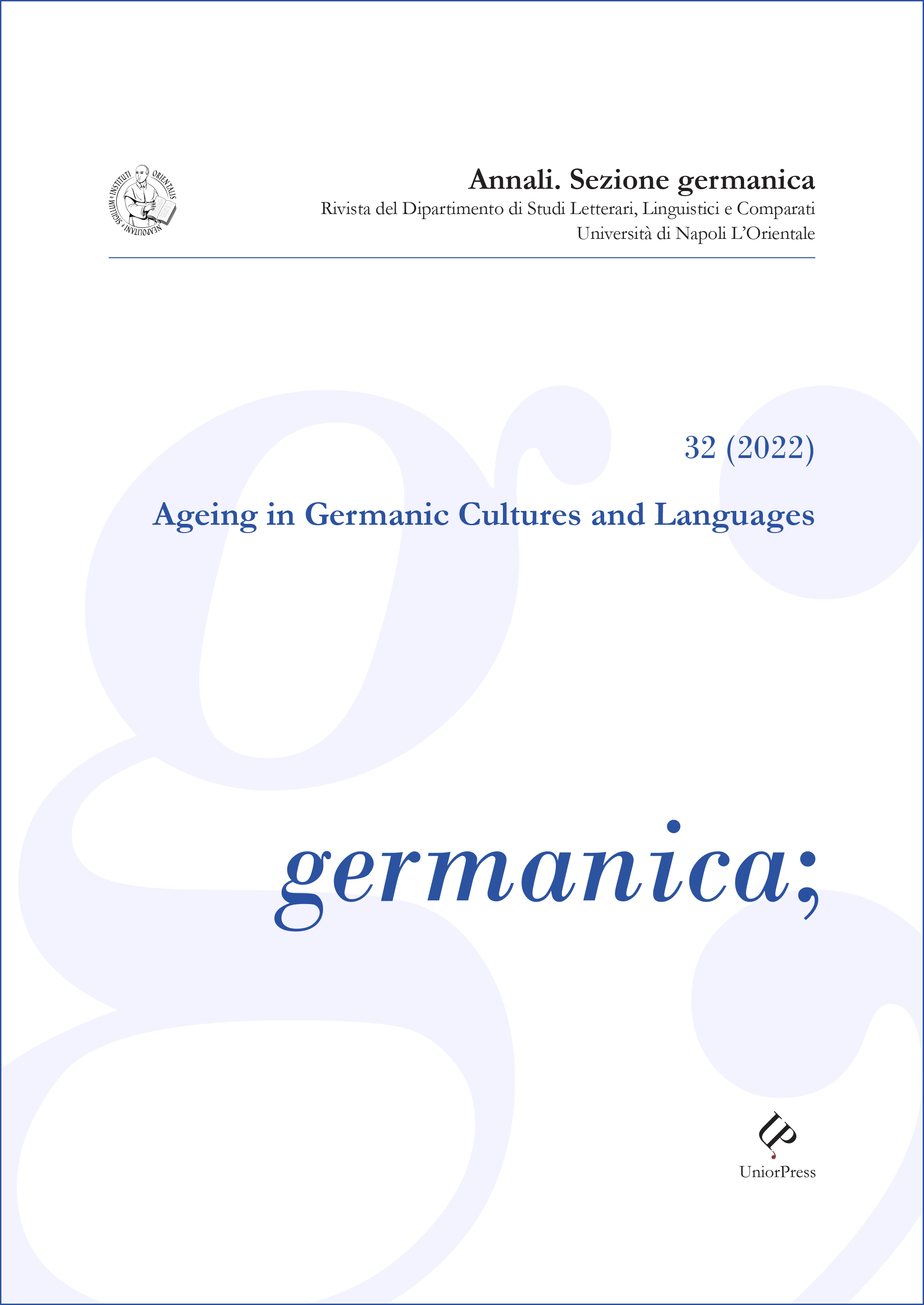Elixirs of long life and alchemical principles in some Middle English medical recipes
DOI:
https://doi.org/10.6093/germanica.v0i32.10007Keywords:
medieval alchemy, middle English medical recipes, elixir of life, quintessence, alchemical watersAbstract
From the 13th century onwards, alchemical science and its theory on the elixir of long life became prominent within the studies on prolongatio vitae in England. The creation of the philosopher’s stone to transmute base metals into gold also became a means for obtaining a perfect medicine that could heal bodies and make them unalterable. Many alchemical experimentations for the production of the elixir of long life that spread throughout the 14th and 15th centuries were based on the connection between medicine and alchemy. Texts centred on remedies and plasters for healing the body that involved alchemical processes were produced by composers who for the most part remained anonymous. This work intends to analyse some 15th-century medical recipes aimed at the creation of medicinal waters and ointments against ageing and for the regeneration of the flesh after wounds and sores, in order to investigate the relationship between alchemy and this particular field of medieval medicine.
Downloads
Published
How to Cite
Issue
Section
License
The authors who publish in this Journal accept the following conditions:
- The authors retain the rights to their work and give the magazine the right to first publish the work, simultaneously licensed under a Creative Commons License - Attribution which allows others to share the work indicating the intellectual authorship and the first publication in this magazine.
- Authors may adhere to other non-exclusive license agreements for the distribution of the version of the published work (eg deposit it in an institutional archive or publish it in a monograph), provided that the first publication took place in this magazine.
- Authors can disseminate their work online (e.g. in institutional repositories or on their website) before and during the submission process, as it can lead to productive exchanges and increase citations of the published work (See The Effect of Open Access).


